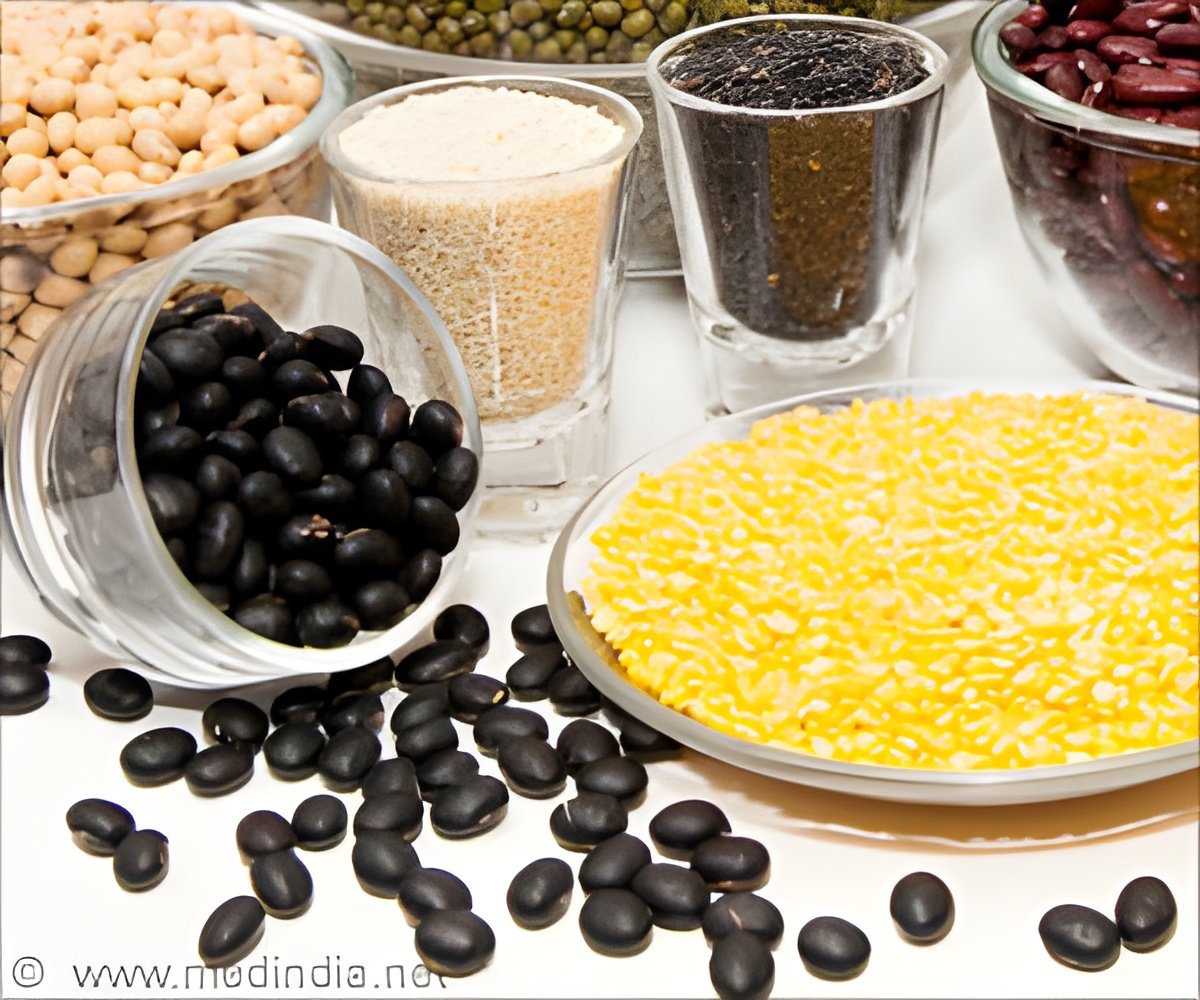
Eating beans and pulses can result in an overall healthier diet pattern among Americans.
Edible plant seeds belonging to the legume family are called
Influence of Pluse Diet on Nurtition and Diet Quality
Based on information from the National Health and Nutrition Examination Survey, 2001–2018, the analyses simulated the addition of adult one- and two-serving portions of beans, as above mentioned.
Increased bean consumption is related to considerable increases in key deficiency nutrients, including dietary
The USDA’s Healthy Eating Index-2015 (HEI-2015) evaluated overall diet quality and found that adding one or two servings of beans per day to the usual US dietary pattern greatly boosted it.
The HEI-2015 overall scores were higher than the US normal dietary pattern by 15% with one more serving of beans and 19% with two servings.
This analysis showed that beans significantly increased the amount of dietary fiber consumed daily in both younger and older persons. Less than 10% of US adults consume the recommended amount of fiber to maintain good digestive health and prevent chronic illnesses like
Advertisement
Additionally, most people in the US do not consume enough potassium. According to the American Heart Association, “foods with potassium can help control blood pressure by blunting the effects of sodium and the more potassium you eat, the more sodium you process out of the body.”
Bean Consumption can Reduce the Risk of Chronic Diseases
“This research clearly shows that eating beans and pulses is good, but eating more is better.,” states study author Yanni Papanikolaou, of Nutritional Strategies Inc.
Advertisement
“Beans and pulses are excellent sources of fiber, folate and potassium and excellent sources of plant protein that also provides iron and
Beans and pulses remain under consumed in the United States, with more than 80% of the population below recommendations. Consumption data show beans, peas, and legumes are consumed in relatively small amounts, at an average of 0.1 cup/day.
Recent research published in the journal Nutrtion(1✔ ✔Trusted Source
Adult dietary patterns with increased bean consumption are associated with greater overall shortfall nutrient intakes, lower added sugar, improved weight-related outcomes and better diet quality
Go to source) shows that dietary patterns rich in canned and dried
The highest diet quality scores are associated with 24% decreased risk of cardiovascular disease, 31% reduced risk of coronary heart disease, 20% lowered risk of
“This research supports the growing body of evidence that consumption of beans and pulses may have numerous nutrient and public health benefits,” said Tim McGreevy, CEO, of USA Pulses.
“Pulses are so nutritious that they were recently listed on DietaryGuidelines.gov as among the highest sources of potassium, iron and fiber, three nutrients of concern, in the latest health professional resources.”
Reference:
- Adult dietary patterns with increased bean consumption are associated with greater overall shortfall nutrient intakes, lower added sugar, improved weight-related outcomes and better diet quality – (https:nutritionj.biomedcentral.com/articles/10.1186/s12937-024-00937-1)
Source-Eurekalert



